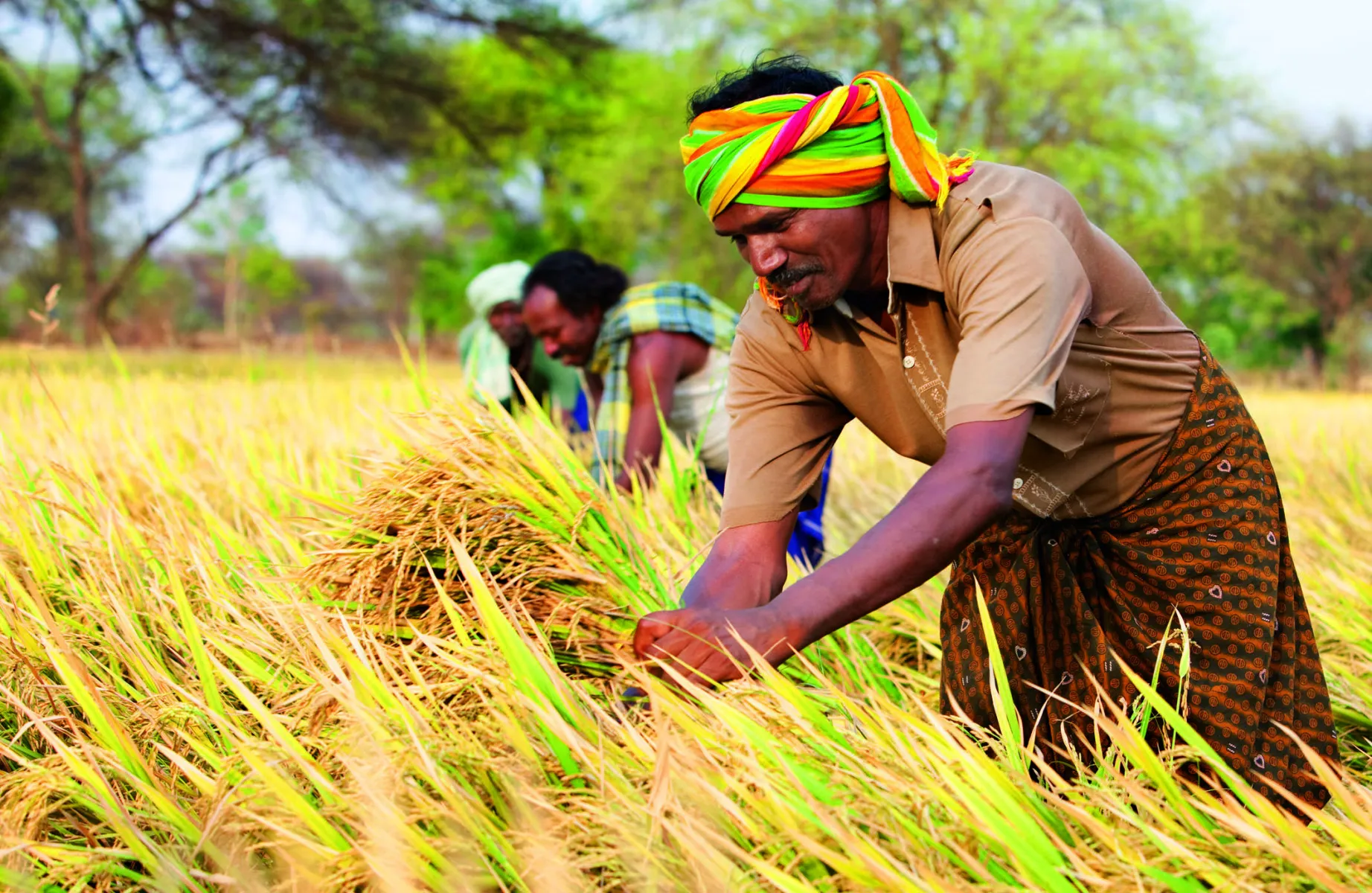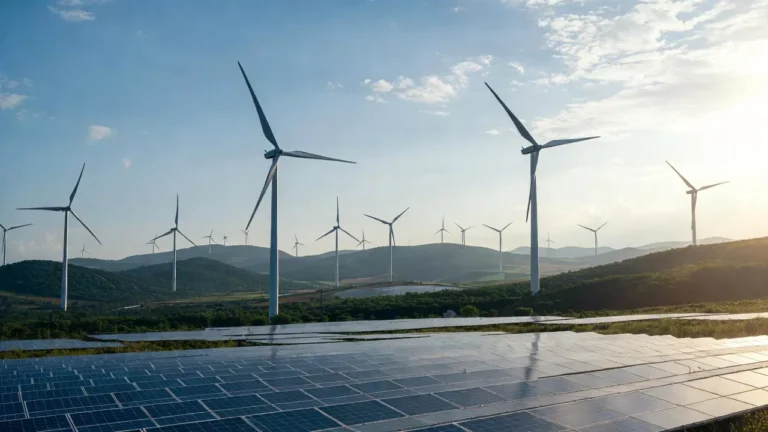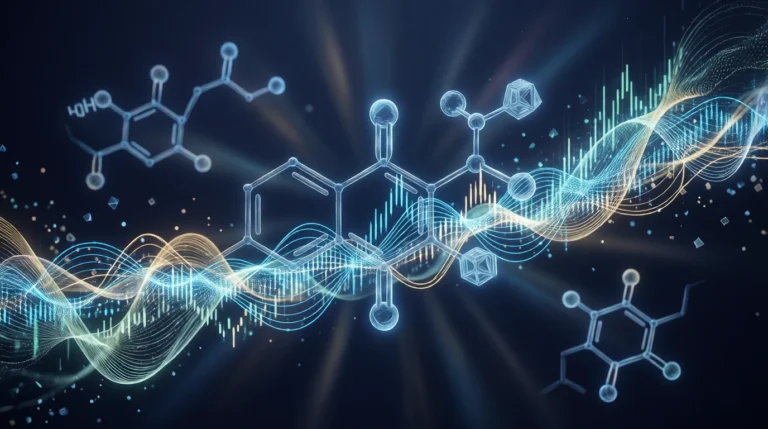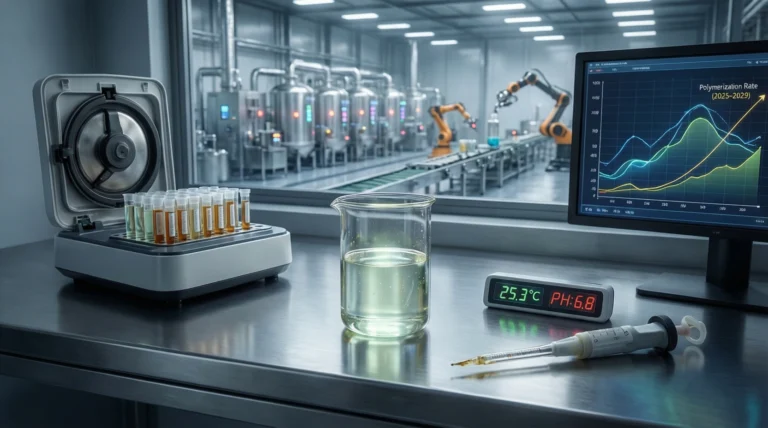
Bayer Set to Launch First Carbon Credits from Regenerative Farming in India
Bayer has announced the issuance of its first tranche of carbon credits, generated by thousands of rice farmers in India who have adopted regenerative farming practices such as direct seeded rice (DSR). These credits, amounting to up to 250,000 tonnes of carbon dioxide equivalent (CO2e), are being validated, certified, and issued by Gold Standard, a leading registry in the voluntary carbon market. They will be available for purchase by climate-conscious companies looking to support greenhouse gas (GHG) emission reductions, water conservation, and the widespread adoption of regenerative agricultural practices among smallholder farmers.
The Bayer Rice Carbon Program, implemented across 11 states in India, has been instrumental in guiding thousands of farmers toward sustainable agriculture over the past two years. Alongside alternate wetting and drying techniques, DSR is one of the emerging practices contributing to the new carbon credits. This initiative marks Bayer’s first issuance of carbon credits from regenerative crop production in Asia.
“The Bayer Rice Carbon Program is generating hundreds of thousands of high-quality carbon credits, and with this large-scale pilot feeding into larger-scale projects across the region, there are many more in the pipeline,” said George Mazzella, Vice President of Ecosystem Services Business Development at Bayer’s Crop Science division. Farmers participating in the program benefit not only from carbon credit generation but also from reduced labor and water usage, potentially lower cultivation costs, and increased profitability. Additionally, they receive access to crop advisory services throughout the growing season, ensuring a smoother transition to new agricultural methods.
Mazzella emphasized the critical role of on-the-ground support for farmers. “Our teams are actively working with farmers as they transition to new practices,” he said. “This hands-on support helps ensure their long-term success and prosperity, and it’s also what sets this program apart.”
Rice cultivation is traditionally a labor-intensive process. Farmers typically grow seedlings in nurseries before transplanting them into plowed, leveled, and flooded paddy fields. This method requires constant water maintenance throughout the growing period, with the fields being drained only shortly before harvest. Currently, approximately 80 percent of the world’s rice crop is produced using this approach.
However, this conventional method contributes significantly to methane emissions due to the decomposition of organic matter in flooded fields. Methane is a potent greenhouse gas—according to the European Commission, it is 28 times more effective than carbon dioxide at trapping heat over a 100-year period and 84 times more effective on a 20-year timescale. The Bayer Rice Carbon Program aims to mitigate these emissions by transitioning farmers from traditional transplanted puddled rice cultivation to more sustainable practices.
DSR is a key regenerative practice that enables rice to be sown directly into the soil rather than being transplanted into flooded fields. This method reduces methane emissions significantly while also conserving water and improving soil health. Bayer’s program leverages these advantages to help farmers implement DSR and alternate wetting and drying techniques, contributing to a more sustainable agricultural system.
“Direct seeded rice is an important regenerative practice that reduces emissions of a potent greenhouse gas, and we are excited to see the first carbon credits coming out of it,” said Frank Terhorst, Head of Strategy and Sustainability at Bayer’s Crop Science division. “For us, regenerative agriculture is all about on-farm outcomes, driven by production systems that not only create value for farmers but make farming more resilient and also benefit the environment. In the long run, such systems enable farmers to produce more food without starving the planet.”
The Bayer Rice Carbon Program represents a significant step toward scaling regenerative agriculture in India and beyond. By providing financial incentives through carbon credits, Bayer is making it easier for farmers to adopt more sustainable practices without bearing the full economic burden of transitioning away from traditional rice cultivation methods.
In addition to supporting climate mitigation efforts, the program plays a crucial role in addressing water scarcity issues. Traditional rice farming consumes vast amounts of water, whereas DSR and alternate wetting and drying techniques help reduce water usage, making these methods particularly beneficial in regions facing water stress. By adopting these innovative techniques, farmers are not only cutting emissions but also contributing to long-term water sustainability.
Beyond India, Bayer is exploring opportunities to expand its regenerative agriculture initiatives into other rice-producing regions in Asia. As more farmers adopt these climate-friendly methods, the potential for generating additional high-quality carbon credits increases. This, in turn, provides further opportunities for businesses looking to offset their carbon footprints while supporting sustainable agricultural practices.
The voluntary carbon market has seen significant growth in recent years, with more companies committing to sustainability goals and seeking credible ways to reduce their net emissions. Bayer’s participation in this market reinforces the role of agriculture in climate action. By integrating sustainable farming practices into its broader climate strategy, Bayer is setting an example for the industry and demonstrating how large-scale agricultural transformation can be both economically viable and environmentally responsible.
For climate-conscious organizations interested in purchasing carbon credits from the Bayer Rice Carbon Program, the company’s Ecosystem Services team is available to discuss opportunities for collaboration. These credits offer a tangible way for businesses to invest in sustainability while supporting smallholder farmers in their journey toward regenerative agriculture.
As the program continues to evolve, Bayer remains committed to refining and scaling its approach to carbon credit generation, ensuring that it maximizes both environmental and economic benefits. The company’s long-term vision includes not only increasing the volume of carbon credits issued but also fostering a more resilient and sustainable agricultural system that benefits farmers, consumers, and the planet alike.








